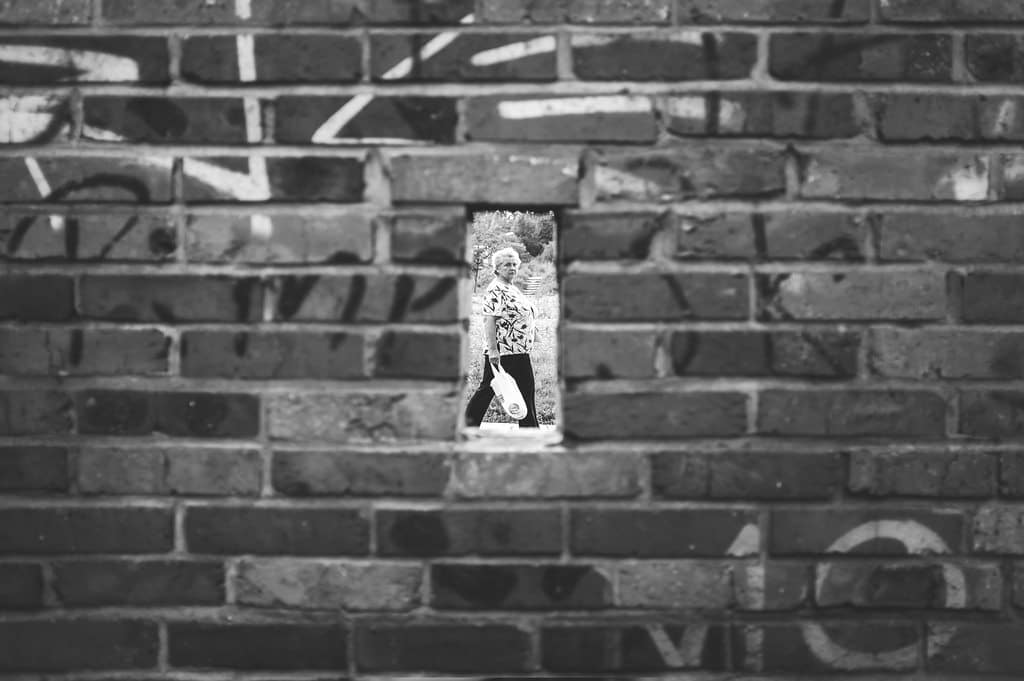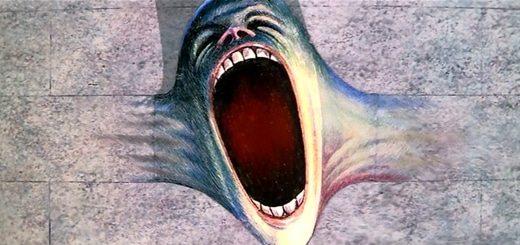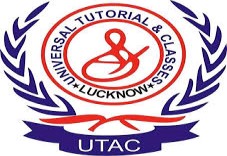
-George Bernard Shaw

This clash between rebellion and revolution makes men who are patriots to some and terrorists to some others. It is because a full stomach abhors vicissitudes. Rules are broken, governments “festooned with cobwebs” are overthrown, new governments are formed, and more rules are made. The question we need to ask is- do rules strangle human imagination, destroying the genius and the art, or are human beings made to be ruled?
In almost every facet of human life, there are some rules _ spoken or unspoken. As children, we are told to be silent and not to harm others and as adults we are told to be silent while others are being harmed. There comes a time when we are tired of being told to do things; tired of being “assured of certain certainties”. It is out of this fatigue that revolutionaries are born – men and women who rebel against the machinery of life, akin to the factory worker in Charles Chaplin’s ‘Modern Times’.

Across many fields, the revolutionary becomes immortal. There are some people that fear the new and hold on to the past. They add a hitch in the growth of these revolutionaries. There are also the hypocrites, alternating between “sick of it” and sycophancy. They can use their saliva to great effect, first for spitting and then for licking shoes. Elvis Presley once called “a hollow culture-thief, an overrated musical charlatan who profited from music. Some feel he had no business recording in the first place.”

However, before condemning or upholding rules, we must ask the question: what rules are being spoken of? The term ‘rules’ encompass a wide area. There are rules that put murderers in jail and others that make you vote for them. As long as those that rule care to feed fat their greed and make thin the masses, there will be rules enough to ravage freedom.
“Then the liars and swearers are fools, for there are
Liars and swearers enough to beat the honest men
And hang them up.”
-Macduff’s Son, in Shakespeare’s ‘Macbeth’
We must be people with open eyes and open minds. Only “real eyes realize real lies”. Judging every situation at its own merit is a sign of enlightenment. “It is the mark of an educated mind to be able to entertain a thought without accepting it.” (-Aristotle)
The new should be given a chance to flourish but certain boundary conditions must be followed at times to doctor the new. Let innovation drive human society nut experience be there to back up if the former fails. Our goal in life should be to stand out, and build a society where the nail that sticks out is not hammered. To stand out, at times we need to defy the rules. Yes, there will be opposition, but we must then stick to what we believe in. In accordance with the aforementioned Shaw quotation, the new is often termed ‘unreasonable’, but it is what progress ultimately depends on. Nothing can be gained of stagnation. We cannot be men lost in the masses. If you only play by others’ rules and form none of your own,
“All in all you’re just another brick in the wall.”
-Pink Floyd.
You Might Want To Read:
Hydrology Question Paper 6 2014, M A In Karnatak Music, Question Papoer Answer Key, Net English Paper Iii Sample Paper 1 2013, How To Save Money When Studying Outside Home, Delhi University French Mock Test Paper 1 2014 4, 12Th Class, Aiims Question Paper 2002, Alternative Learning Systems Als, Endeavor Careers Mukherjee Nagar










Like what you read? Give author a thumbs up?
Bookmark this article to read later, drop a remark in comment section and share with your friends..